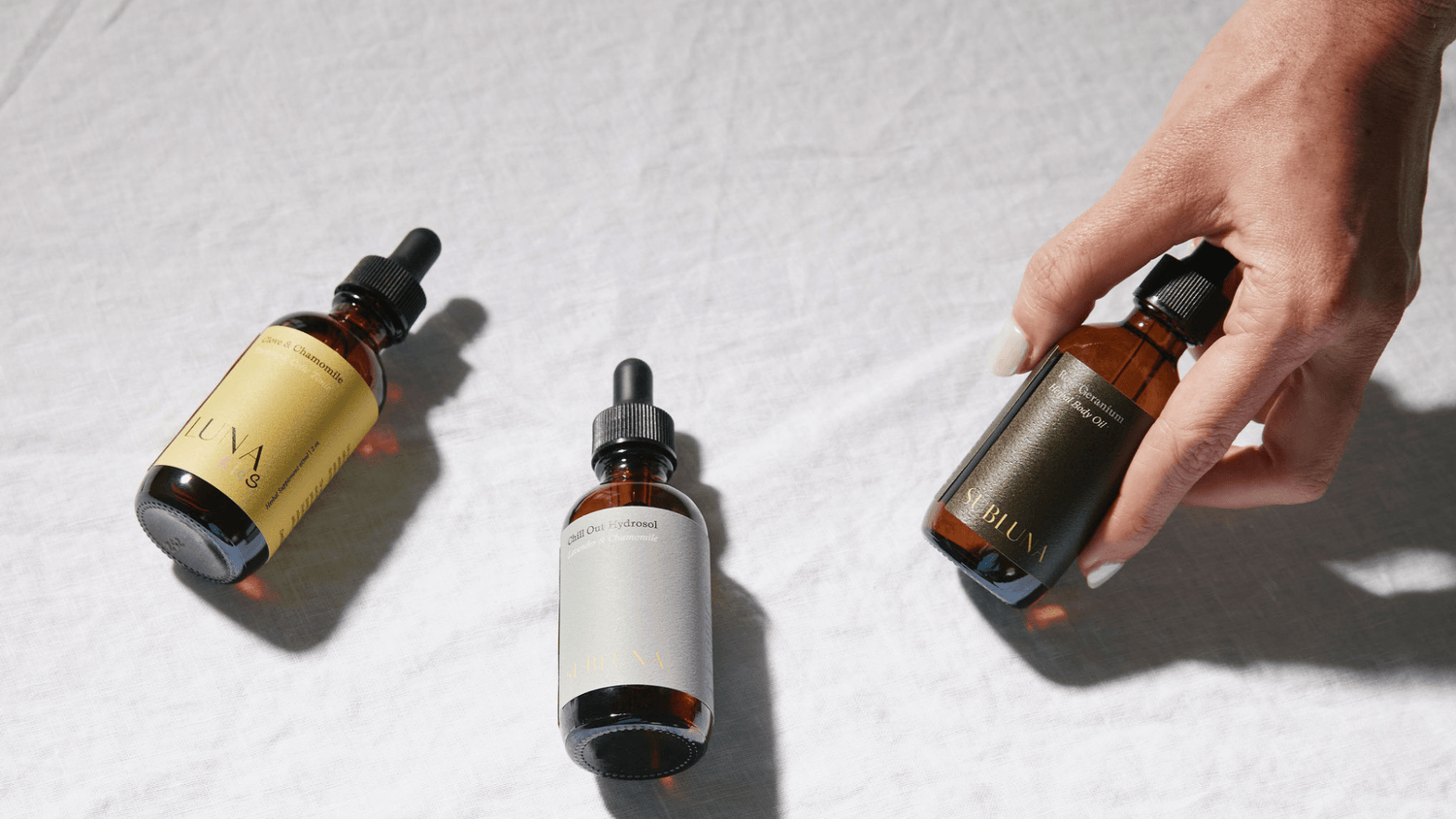Understanding and Addressing Parasites
The Parasite Paradox: What We’ve Gotten Wrong (and How to Clear Them Right)
When you hear the word parasites, it might spark fear, disgust, or even panic—but what if we told you that parasites are sometimes a sign of your body trying to help you? The truth is, parasitic overgrowth doesn’t happen in a vacuum. It’s often the result of a deeper imbalance that your body is attempting to buffer.
Let’s walk through the layers of this story—because there’s a lot more to parasites than just “get rid of them.”
The Parasite Problem (And Why It’s Not Always a Problem)
Parasites have long been considered the villains of the gut. And yes—when overgrown or left unchecked, they can cause real issues: fatigue, bloating, skin flare-ups, nutrient deficiencies, even mood swings. But here’s where things get interesting…
Parasites actually serve a temporary protective role in some cases. When the body is overloaded with heavy metals, excess yeast, or undigested food, parasites can swoop in and act like little janitors—absorbing some of the toxic burden your detox systems can’t keep up with.
They’re a sign of internal terrain gone off course. But instead of just killing them off, we have to ask: Why were they there in the first place?
The Role of Stomach Acid (and Why You Probably Need More)
Low stomach acid is one of the biggest hidden contributors to parasitic overgrowth. Hydrochloric acid (HCl) in the stomach acts like the first line of defense. It helps sterilize food, breaks down proteins, and prevents pathogens from making it to the small intestine alive.
But thanks to stress, processed foods, and common medications, stomach acid is often too low to protect the body. This creates the perfect environment for parasites, yeast, and bacteria to thrive downstream.
Supporting HCl production with herbal bitters, ACV based tinctures like our mineral nectars, or even HCl supplementation (when indicated) can be a game changer when addressing the why behind parasite colonization.
Open the Drains First
Before jumping into antiparasitic herbs, you need to make sure your drainage pathways are open. If not, killing parasites can actually make things worse—releasing a flood of toxins your body can’t eliminate fast enough.
What are the drainage pathways?
• Colon: Regular, complete bowel movements
• Liver/Gallbladder: Bile flow supports detox and pathogen clearance
• Lymphatic System: Movement and hydration are key
• Kidneys: Urination and hydration flush water-soluble toxins
• Skin: Sweating through sauna, exercise, or baths
Think of it like unclogging the pipes before flushing the system. Herbs like dandelion root, burdock, milk thistle, cleavers, schisandra, elderflower, and chickweed can help support gentle drainage before you start evicting anything.
Herbs That Target Parasites
Once drainage pathways are open and your gut is ready, certain herbs have long histories of use against parasitic invaders:
• Wormwood: Bitter and strong; often used in short durations to kill parasites
• Black Walnut Hull: Contains juglone, known for its antiparasitic properties
• Clove: Targets the eggs that many other herbs miss
• Olive Leaf: Antimicrobial, antifungal, and antiparasitic
• Mugwort: Known for promoting elimination and disrupting the parasite life cycle
• Hops: Bitter and calming; can disrupt parasites and relax the gut at the same time
• Culinary herbs: Like thyme, oregano, and garlic, all known for their antimicrobial and antiparasitic benefits—gentle, daily allies that work over time
It’s important to cycle herbs, take breaks, and avoid long-term use of the strongest antiparasitics. Many formulas combine 3–4 of the above for synergy and effectiveness.
Don’t Forget the Seeds: Nature’s Scrub Brushes
Seeds like papaya seeds, pumpkin seeds, black cumin seeds, and watermelon seeds have a unique mechanical action—they act almost like scrub brushes in the gut, helping dislodge parasites from the intestinal wall and interrupting their life cycle.
• Papaya seeds: Contain enzymes like papain that digest proteins and break down parasite biofilm.
• Pumpkin seeds: Rich in cucurbitacin, which paralyzes worms and helps the body expel them.
• Black cumin seeds (Nigella sativa): Antiparasitic and anti-inflammatory.
• Watermelon seeds: A traditional remedy for worms in many cultures—rich in magnesium and zinc, and can help break up parasite nests when thoroughly chewed.
⚠️ Important: Always chew seeds well before swallowing—especially watermelon seeds—or grind them. Whole seeds that aren’t chewed or crushed may pass through undigested and lose their effectiveness.
Parasites in Pregnancy and Nursing: Proceed Gently
Here’s where nuance is essential. While parasites can absolutely be present during pregnancy or postpartum, aggressive cleansing is not appropriate during this time. Many herbs used to kill parasites are too strong for a developing baby or can trigger detox reactions that burden both mom and baby.
So what can you do instead?
• Focus on drainage support and minerals to build resilience.
• Focus on incorporating gentle antiparasitic foods like garlic, pumpkin seeds, and clove in your diet.
• Consider gentle binders to catch and trap any toxins or metals the parasites may be holding onto.
• Focus on stomach acid production, which is also low during pregnancy, by utilizing herbal bitters or digestive enzymes.
Remember: your body is wise. During pregnancy, it often holds off on certain detox pathways intentionally. The goal here is gentle maintenance, not intense purging.
Binders: Your Cleanup Crew
When parasites die, they often release toxins, heavy metals, and ammonia—all of which can make you feel worse before you feel better. That’s where binders come in.
Binders help trap and carry these substances out of the body before they can be reabsorbed. Some favorites include:
• Activated Charcoal: Best for acute reactions and gas
• Bentonite Clay: Great for binding metals and toxins in the gut
• Chlorella: A food-based binder that also supports heavy metal detox
• Pectin or Apple Fiber: Gentle for daily use, especially in kids or sensitive systems
• Fulvic Acid: A deep mineral-rich binder that supports detox at the cellular level
Always take binders away from food, herbs, and supplements—usually an hour before or two hours after.
Homeopathy for Parasites
While herbs and binders do a lot of the heavy lifting in clearing parasites, homeopathy can play a beautiful supporting role—especially for sensitive systems, children, or during pregnancy and nursing when stronger interventions aren’t appropriate.
Homeopathic remedies don’t kill parasites directly. Instead, they stimulate the body’s own terrainto become less hospitable to them and more efficient at eliminating them. They’re energetic medicines that work by enhancing your own vitality and resilience.
Here are a few commonly used remedies in the context of parasites:
• Cina: One of the top remedies for worms in children—especially when there’s irritability, teeth grinding, itching at the anus, a pale face with dark circles, and a strong craving for sweets.
• Spigelia: Often used when there’s intense abdominal pain, gurgling, or sharp neuralgic pain associated with parasites.
• Teucrium: Helpful when there’s itching and crawling sensations in the rectum and nose, especially at night. Great for recurring worm infestations.
• Sulphur: Supports general detox and elimination. Useful when skin issues or itching accompany parasitic activity.
• Calcarea Carbonica: When the child has a sluggish system, cold intolerance, big belly, and persistent parasitic tendencies despite cleansing.
Remedies are usually taken in 6c or 30c potencies, once or twice a day for a few days to a week at a time, or as guided by your body and intuition. If you notice a strong reaction, pause and let the remedy integrate before repeating.
Pro tip: Homeopathy pairs beautifully with herbs—while herbs help evict parasites physically, homeopathy supports the energetic shift and inner terrain that prevents them from returning.
Parasites are a signal, not just a problem. They’re telling you something about the terrain of your body, your detox pathways, and your resilience.
A full-spectrum parasite protocol includes:
✅ Supporting stomach acid
✅ Opening drainage pathways
✅ Using herbs and seeds strategically
✅ Supporting with binders and homeopathy
Your body knows how to heal—it just needs the right support. And sometimes, what seems like the enemy is actually the body’s way of buffering something worse.



